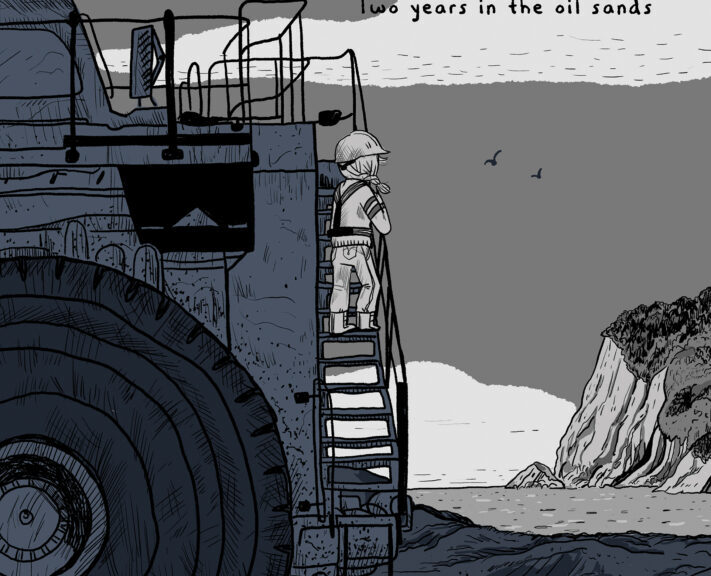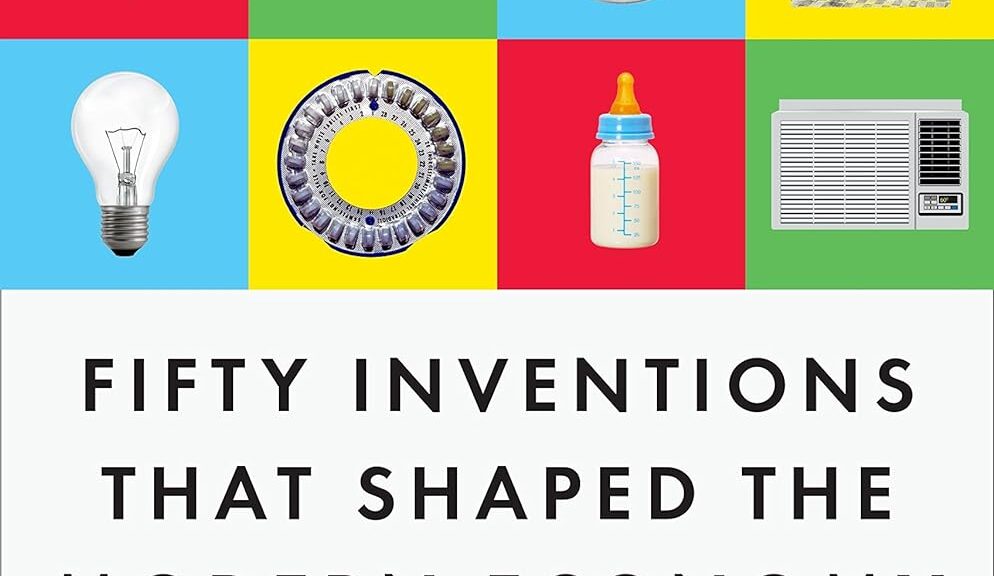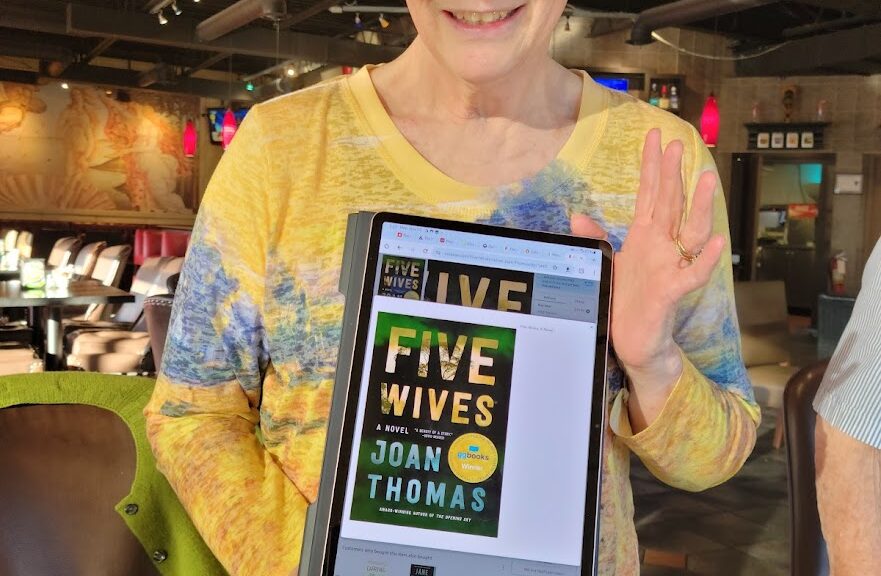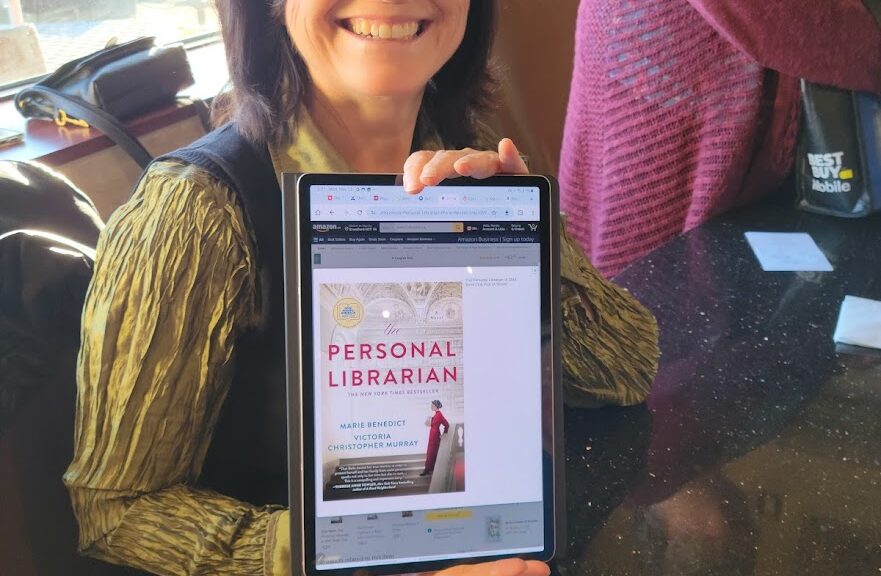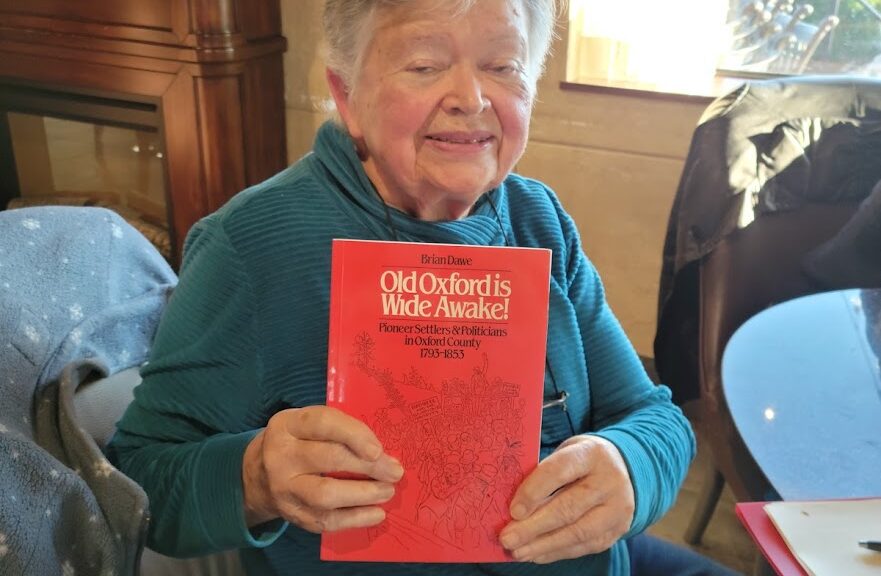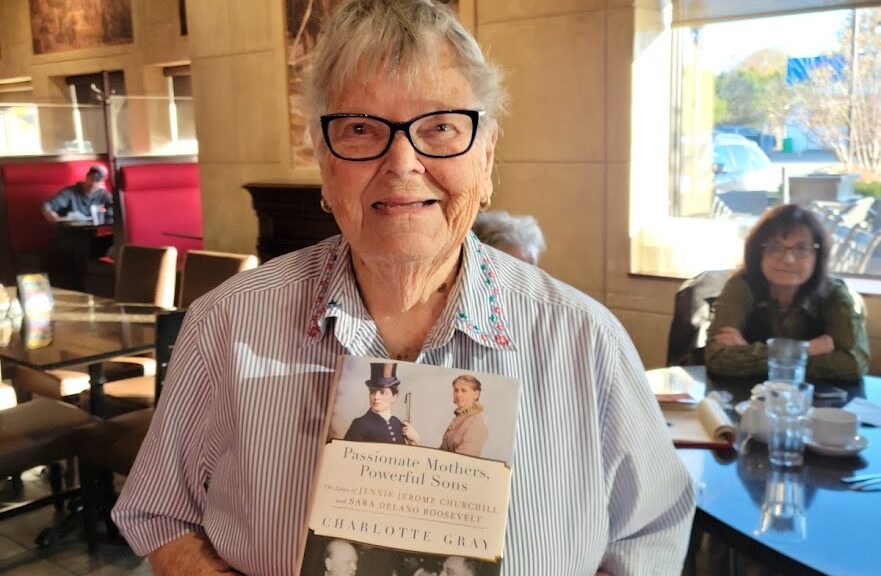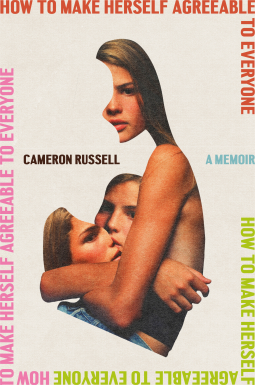 A compelling look at the seamy underside of the fashion industry, told from the perspective of a vulnerable young person who had more of a backbone than most right from the beginning but was still manipulated and abused. Instead of letting herself remain a victim, she used her visibility became an advocate for others in order to help change the system. This book will also go a long way in doing that. Thank you, Cameron Russell, for sharing your experiences in what must have been a very painful memoir to write.
A compelling look at the seamy underside of the fashion industry, told from the perspective of a vulnerable young person who had more of a backbone than most right from the beginning but was still manipulated and abused. Instead of letting herself remain a victim, she used her visibility became an advocate for others in order to help change the system. This book will also go a long way in doing that. Thank you, Cameron Russell, for sharing your experiences in what must have been a very painful memoir to write.
Tag Archives: book review
Putin’s Exiles
This is a quick book surveying Russians who abandoned their country once Putin began his “special military operation” against Ukraine. Granted, many of those who fled were thinking more of their personal comfort, but it was uplifting to read about those who where more principled. Even more uplifting was reading about some of the exiled Russians who are working behind the scenes to help Ukraine win the war, like the physicist who helped develop defensive equipment and was honored by Ukraine for doing so, and about those who have enlisted in the Ukrainian army and are risking their lives for Ukraine’s freedom. There are others working behind the scenes in Russia, assisting with sabotage. Those Russians willing to defy Putin are a small percentage of the whole. But even so, this book gives me hope that one day there might be a Russia that isn’t premised on killing one’s neighbors and isn’t premised on treating ones own citizens as medieval slaves.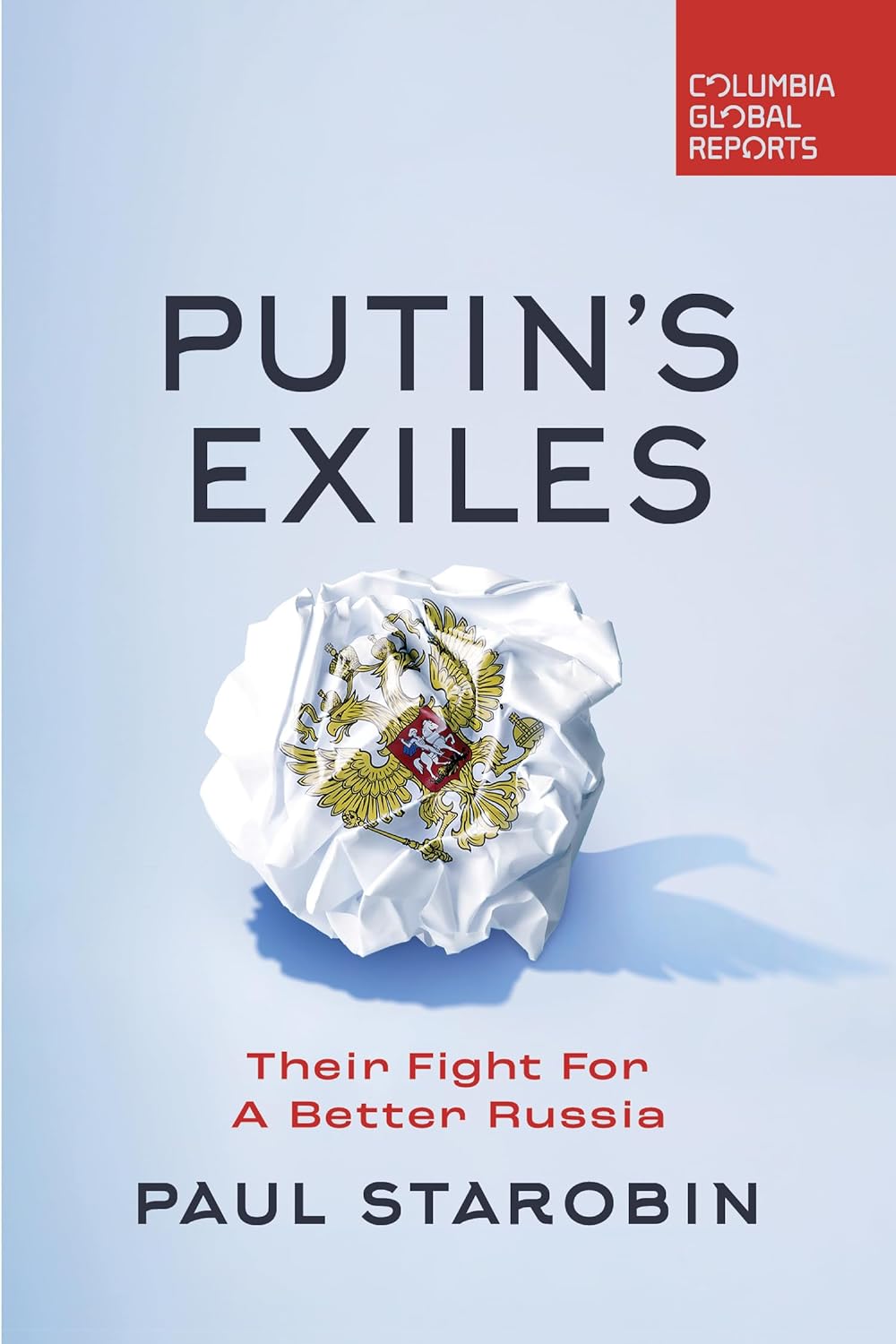
Ducks: Two Years in the Oil Sands by Kate Beaton
 The Monday Book Club selection for November is the graphic novel, Ducks,: Two Years in the Oil Sands by Kate Beaton. This Canadian comics artist wrote the first graphic novel to win Canada Reads.
The Monday Book Club selection for November is the graphic novel, Ducks,: Two Years in the Oil Sands by Kate Beaton. This Canadian comics artist wrote the first graphic novel to win Canada Reads.Fifty Inventions That Shaped the Modern Economy, by Tim Harford

Five Wives by Joan Thomas
Leslie L spoke of three books she recently read but particularly wanted to highlight Five Wives by Joan Thomas, which won the Governor General Award a couple of years ago.
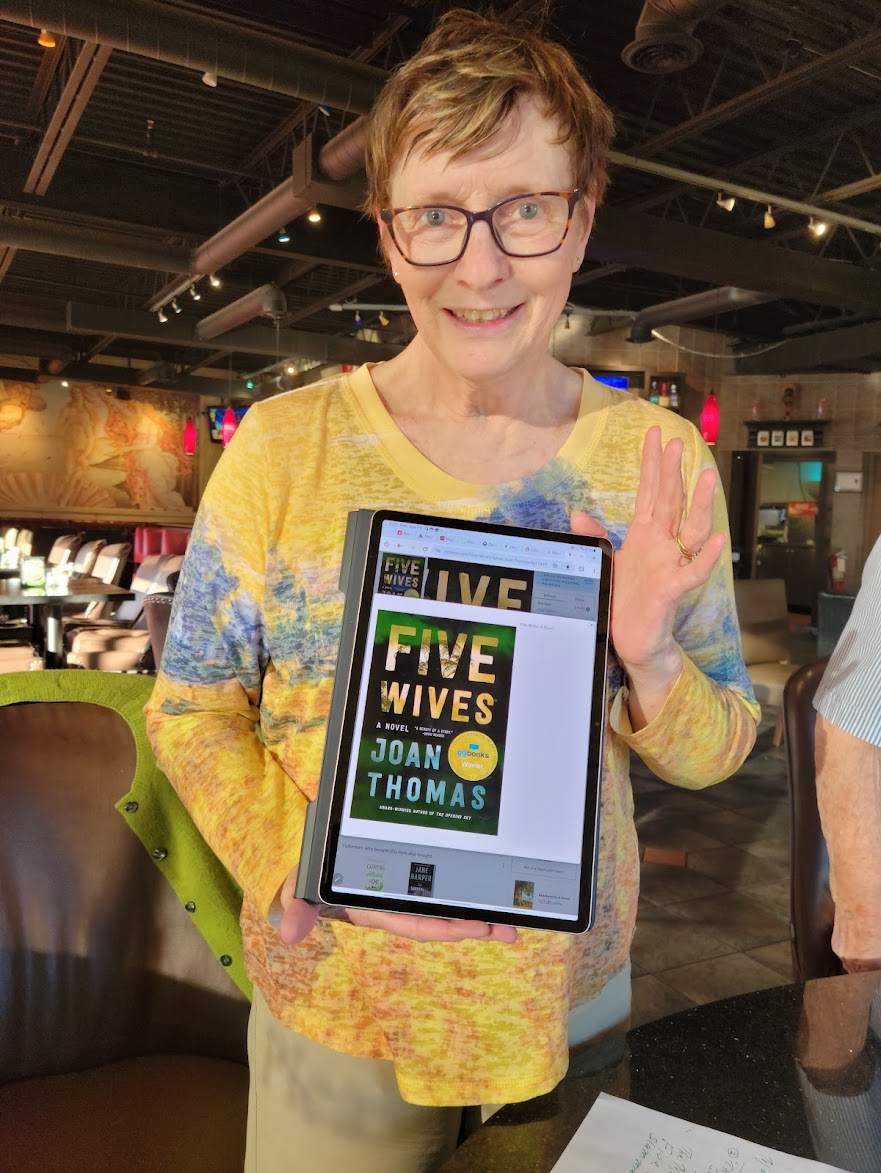
The Personal Librarian
Jeanne C’s description of The Personal Librarian by Marie Benedict and Victoria Christopher Murray had us all wanting to read it!
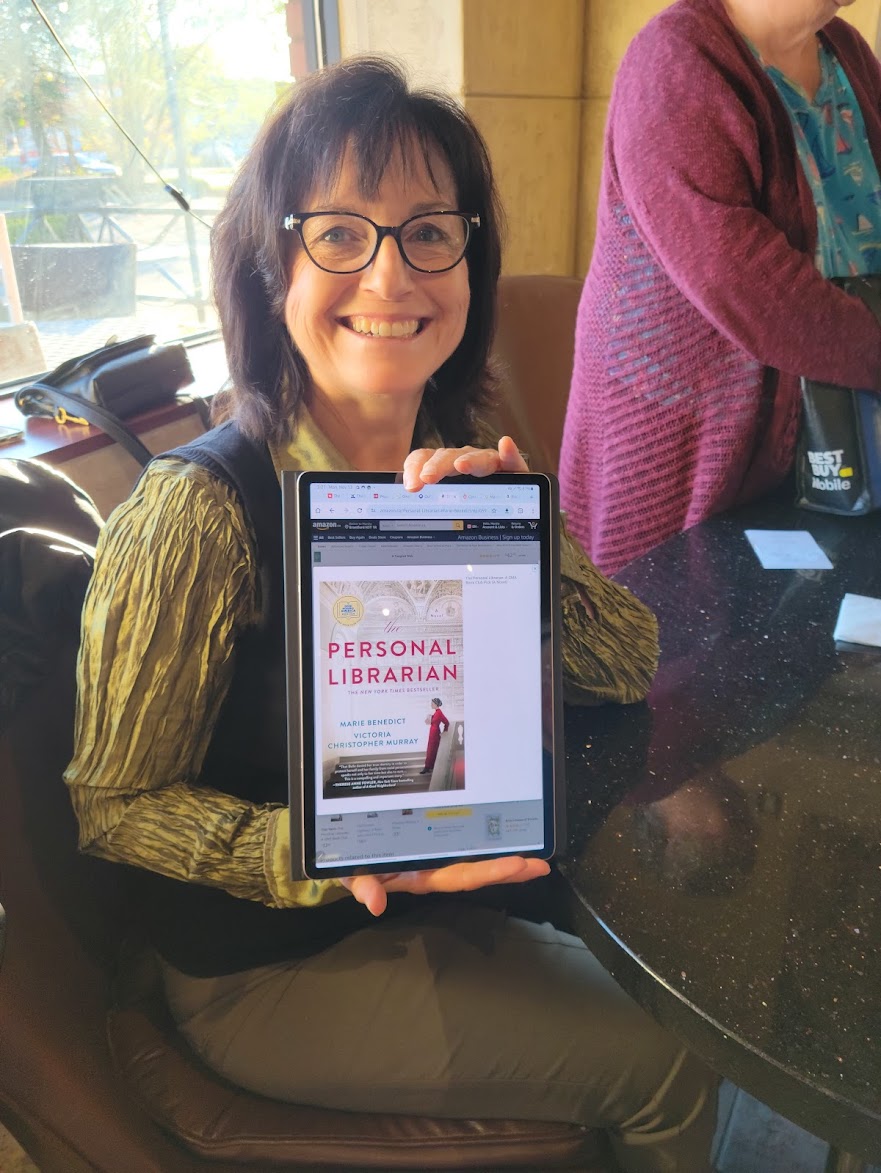
Here’s her review:
J.P. Morgan, the famous New York City financier of the early 1900s chose Belle da Costa as his personal librarian to help him locate and acquire the masterpieces of the celebrated Pierpont Morgan Library. Throughout the book, Belle struggles to hide her origins as the daughter of Richard Greener, the first Black graduate of Harvard and to pass as White. The story follows her as she navigates through upper-class society and outmaneuvers her colleagues to negotiate for valuable artworks. The reader catches glimpses of well-known historical figures as they are portrayed in Belle’s own writings from the time.
Local history treasure by Brian Dawe
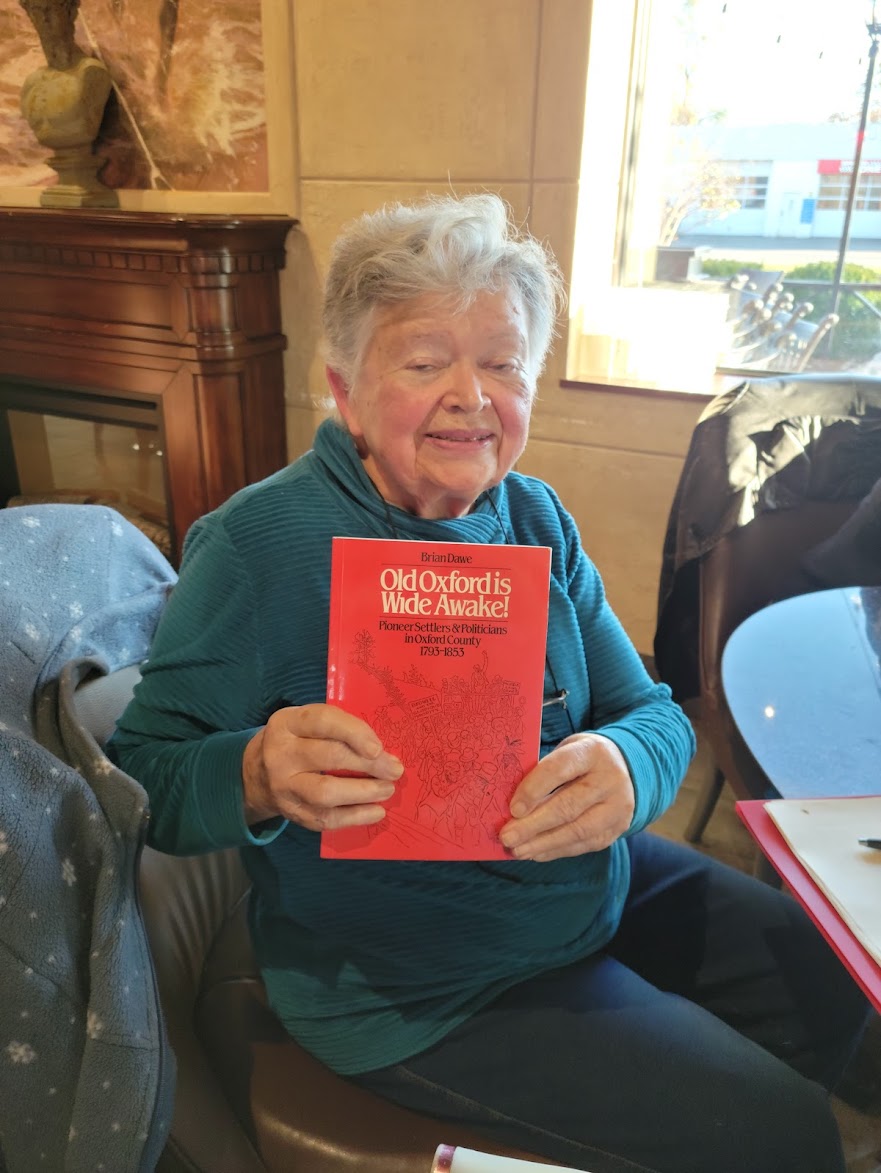
Jean F’s eyes sparkled with enthusiasm as she regaled us with anecdotes and historical tidbits from Old Oxford is Wide Awake! Pioneer Settlers & Politicians in Oxford County 1793-1853 by Brian Dawe. She got it for a steal at a used book sale but the question is, will she ever lend it out? Likely not!
Here’s her review:
THE BOOK I HAVE BEEN READING – Jean Farquharson
Old Oxford is Wide Awake: Pioneer Settlers & Politicians in Oxford County 1793-1853. Privately published by Wm Brian Dawe. c1980. This book is an absolute treasure I found at the Symphony Book Sale.
This local historian researched deeply about the opening up of Oxford County and local struggles for power and wealth, and follows through the War of 1812 and the 1837 Rebellion. Actors in the performances were the Tories and Reformists; Loyalists and Americans; the British settlers and officers who made up the local militias; the would-be aristocrats, including the military officers who were retired on half pay and Family Compact members. Those who settled in Oxford County faced deterrences when the isolated backwoods of newly formed Upper Canada was being settled with mills and connecting roads being cut out from Indian paths and military surveys; inns, industries and businesses created; schools founded; church groups struggled with domination by UC’s official Anglican church favoured with land grants by those in power.
The growth of settlements depended on the policies of Lieutenant-Gov. John Graves Simcoe who believed in loyally following the British aristocratic system. He created boundaries and assigned townships in Oxford, Middlesex and Norfolk Counties to favoured developers requiring them to survey lots and develop roads to bring in settlers to his newly named communities. He appointed his associates to be local magistrates, justices of the peace, roadmasters, etc.
From primary sources – letters, reports, personal papers, government documents, maps, portraits, paintings from archives and libraries, Dawes found the stories describing squabbles, threats, bribes, self-serving antics of the people vying with each other to get control and the government fumbling and uncommunicative. Does it sound familiar?
Because Brant County did not yet exist, the story includes Burford and Oakland (Burford Gore) Townships which were part of Oxford. The book filled in a lot of details for me about their history as well as Oxford, where I grew up.
Passionate Mothers, Powerful Sons by Charlotte Gray

Marion W brought her signed edition of this fabulous book by Charlotte Gray.



